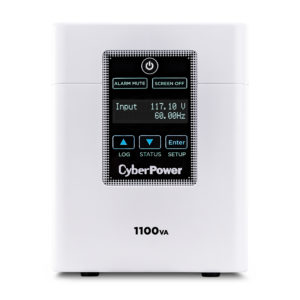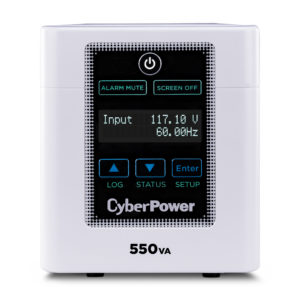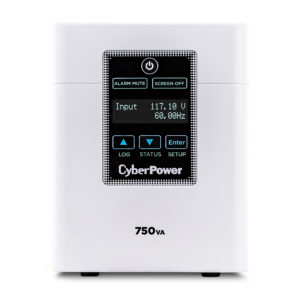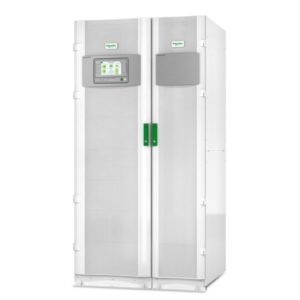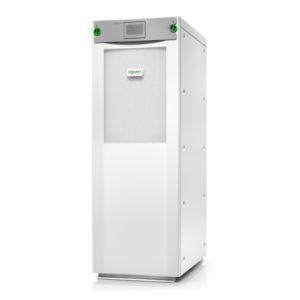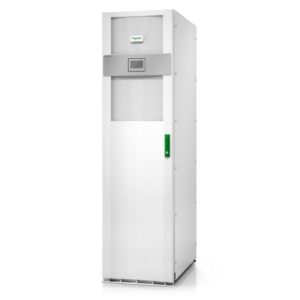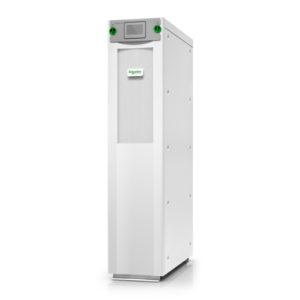UPS Equipment
What is a UPS?
An Uninterruptible Power Supply (UPS) is designed to deliver backup power when you need it most. These devices, which are also sometimes referred to as a battery backup, take over in situations where the voltage drops or your regular power source fails.
Situations such as rolling blackouts, inclement weather and electrical failures can all cause your facility’s power to be interrupted or lost. During this time, data that’s not backed up can be permanently lost and equipment can suffer damage, especially if you experience a power surge.
With a UPS, you’ll have a reliable source of power backing up your mission-critical environment at all times. Even during a power outage in your area, you’ll be able to remain operational, save your data and safely shut down your equipment.
There are Three Common Types of UPS Units
Depending on factors such as the size of your facility or how much power you require, you’ll have several types of uninterrupted power supply units to choose from. Three of the most common types include line-interactive, offline and online double conversion.
Line-Interactive
A line-interactive UPS system works especially well in areas where the power tends to fluctuate. By delivering power conditioning and battery backup, these systems are compatible with a range of input voltage functions. Being able to support various input voltage fluctuations offers additional protection for your business.
Offline/Standby
An offline UPS, which is also referred to as a standby UPS, is designed to protect against power spikes. This system is able to switch over to battery power quickly, helping prevent power anomalies and the resulting potential for equipment damage. The offline UPS tends to be most effective for less critical applications, additional transition time and surge protection.
Online Double Conversion
An online double conversion UPS offers a high level of protection and security, making it beneficial for mission-critical applications. These systems are designed to convert incoming power to direct current (DC) before converting it to AC once again. Along with avoiding power transfer switches, this design also helps to protect the critical load from power disturbances.
When Should You Buy a New UPS Unit?
Deciding whether it’s worth repairing an existing system or if you should purchase new UPS equipment depends on several factors. Most likely, if your system is over 15-years old, repairing the components will cost more than what the system is worth. Similarly, components in UPS systems have changed over time. Systems currently on the market, for example, often have USB ports and Ethernet ports added on, making it easier to support today’s technology.
Another factor to consider is whether your current UPS supports your load level, which can be roughly calculated by adding up your equipment’s wattage requirements. You can also look at your efficiency rating, which should ideally fall between 80% and 90%.
Request a Free Quote From Unified Power
Here at Unified Power, our experienced technicians can help you determine which UPS unit would work best at your facility. We’ll help you experience the peace of mind that comes with having a reliable source of power available to mitigate the risks of a hard shutdown.
Reach out today to receive a quote on any of the UPS battery backup units we have for sale.



